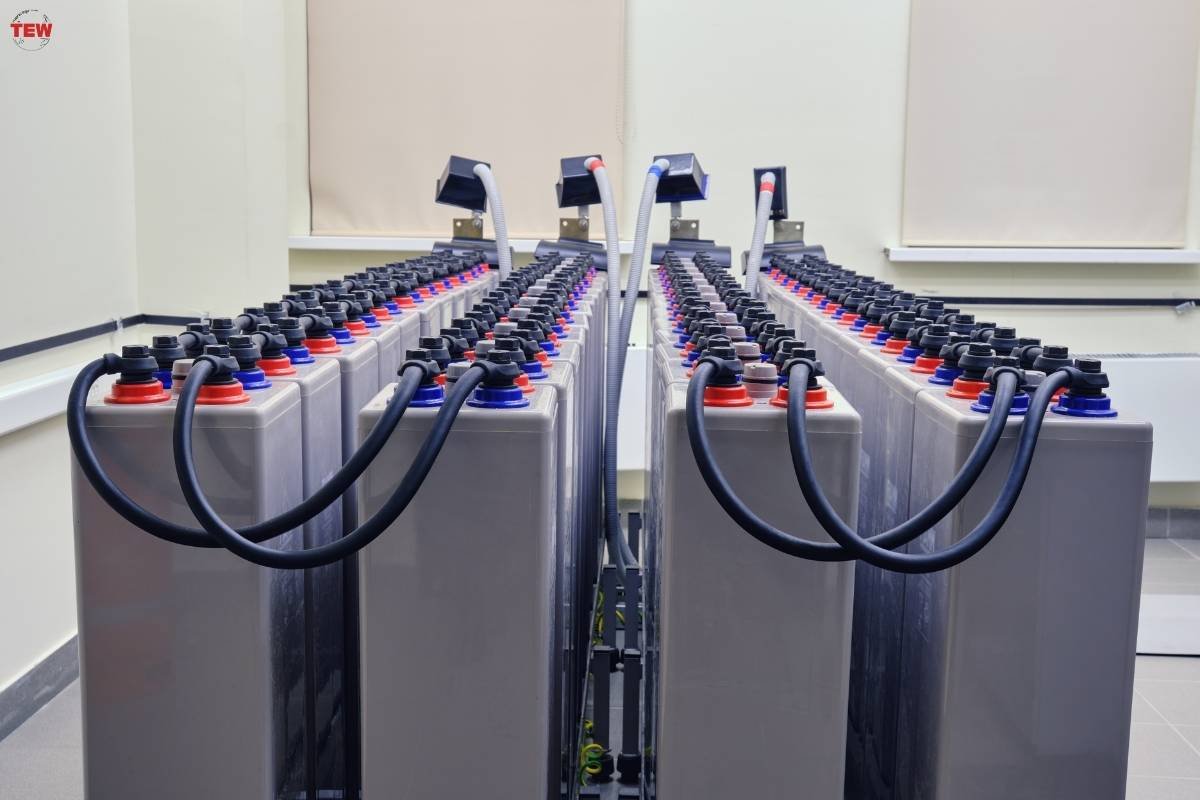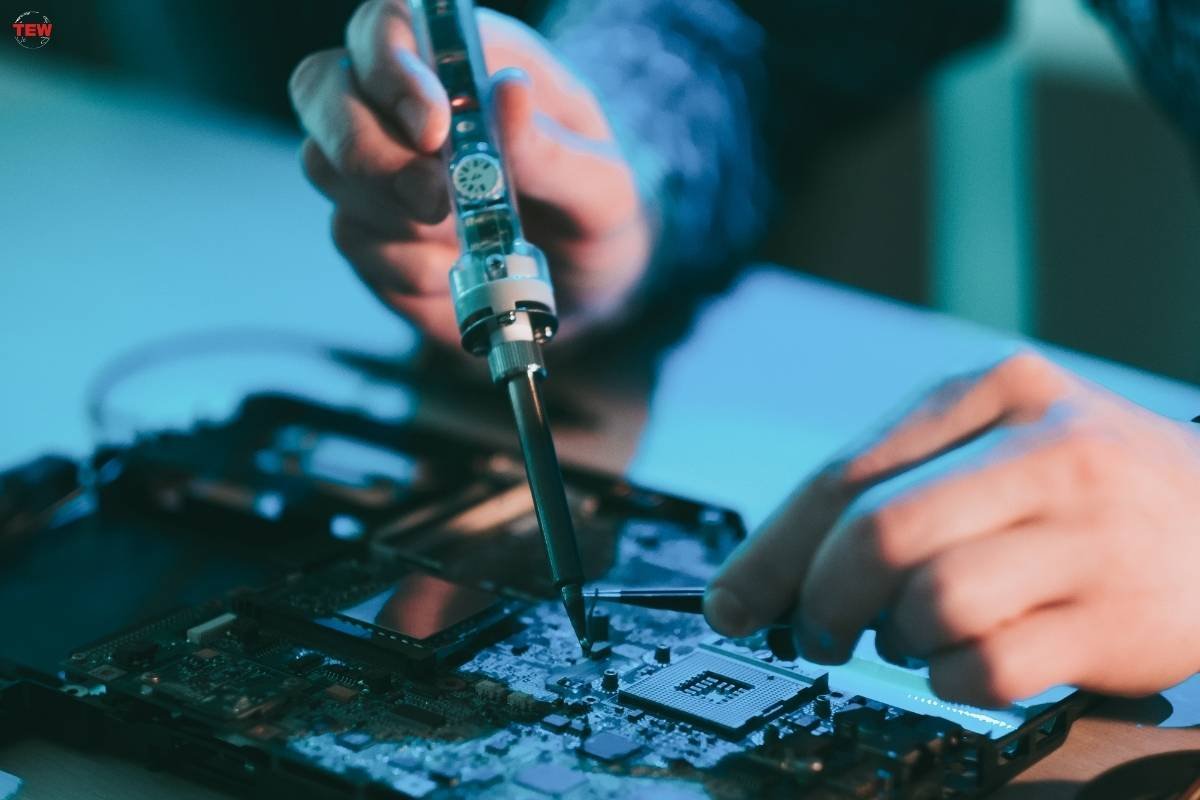Experiencing frequent power outages can create disruption and cause frustration, especially when you are working on an important project. While getting a power backup source may seem the ideal choice here, will it ensure data protection in case of a sudden outage? The answer to that is, of course not. This is because most power backup systems support only essential equipment.
Therefore, it becomes crucial to have dedicated power management systems that can save the day. UPS or uninterrupted power supply devices are a viable solution here. So, let us find out what makes them an essential resource for uninterrupted power management.
Functions of Uninterrupted Power Supply (UPS) Systems
Uninterrupted power supply systems serve multiple functions, primarily:
Power Backup
During blackouts or brownouts, an uninterrupted power supply system switches to battery power instantly, ensuring continuous operation of the connected devices.
Voltage Regulation
Uninterrupted power supply system’s voltage levels protect sensitive equipment from power surges or dips that could potentially damage them.
Types of Uninterrupted Power Supply Systems

There are three main types of UPS:
1. Standby Uninterrupted Power Supply Systems
This type switches to battery power when it detects a loss or irregularity in the main power source. It provides basic protection against power disruptions.
2. Line-Interactive Uninterrupted Power Supply Systems
These uninterrupted power supply systems offer more advanced features, including voltage regulation and surge protection. They interact with the incoming power to maintain stable output voltage.
3. Online Uninterrupted Power Supply Systems
Online uninterrupted power supply systems are considered to be a reliable power management solution. It is because they constantly power the connected devices from their inverter. As a result, it provides seamless protection against power interruptions, filters out fluctuations and offers pure, stable power.
Applications of an Uninterrupted Power Supply Systems

The significance of UPS systems extends across various sectors:
1. Information Technology
Data centres, servers, and networking equipment heavily rely on uninterrupted power supply systems to prevent data loss, system crashes, and downtime.
2. Healthcare Facilities
Hospitals and clinics use these power supply systems to ensure uninterrupted power supply to critical medical equipment and patient care systems.
3. Telecommunications
Telecommunication towers and systems require continuous power to maintain connectivity, making uninterrupted power supply systems indispensable in this sector.
4. Industrial and Manufacturing
UPS systems play a crucial role in safeguarding machinery and sensitive equipment from power fluctuations that could hamper production processes.
5. Residential Use
Home appliances, personal computers, and entertainment systems benefit from uninterrupted power supply systems, protecting them from power disturbances and potential damage.
Benefits of Uninterrupted Power Supply Systems

1. Business Continuity
UPS systems enable businesses to continue operations during power outages, preventing financial losses due to downtime.
2. Data Protection
In IT environments, uninterrupted power supply systems ensure data integrity by providing sufficient time for proper shutdown procedures during power failures, preventing data loss or corruption.
3. Equipment Protection
Sensitive electronic devices are shielded from power surges or fluctuations, extending their lifespan and reducing maintenance costs.
4. Regulated Power Supply
Uninterrupted power supply systems maintain stable voltage levels, offering a clean and consistent power supply, which is vital for sensitive equipment.
5. Safety and Security
Uninterrupted power supply systems ensure continuous power to security systems, keeping premises safe during power disruptions.
Safeguarding Our Tech-Driven World
Uninterruptible Power Supply (UPS) systems are indispensable tools for modern power management across various sectors. From ensuring continuous operations in businesses to safeguarding critical equipment and data, it plays a pivotal role in maintaining productivity, safety, and reliability in an increasingly technology-dependent world. Choosing the right tailored to specific needs is crucial for reaping its maximum benefits and ensuring seamless power continuity.
As technology continues to advance, systems will remain a cornerstone of power management, providing a safety net against the unpredictability of power supply, thereby securing the uninterrupted functioning of our increasingly digitalised world. Connect with a power management solutions partner today!




